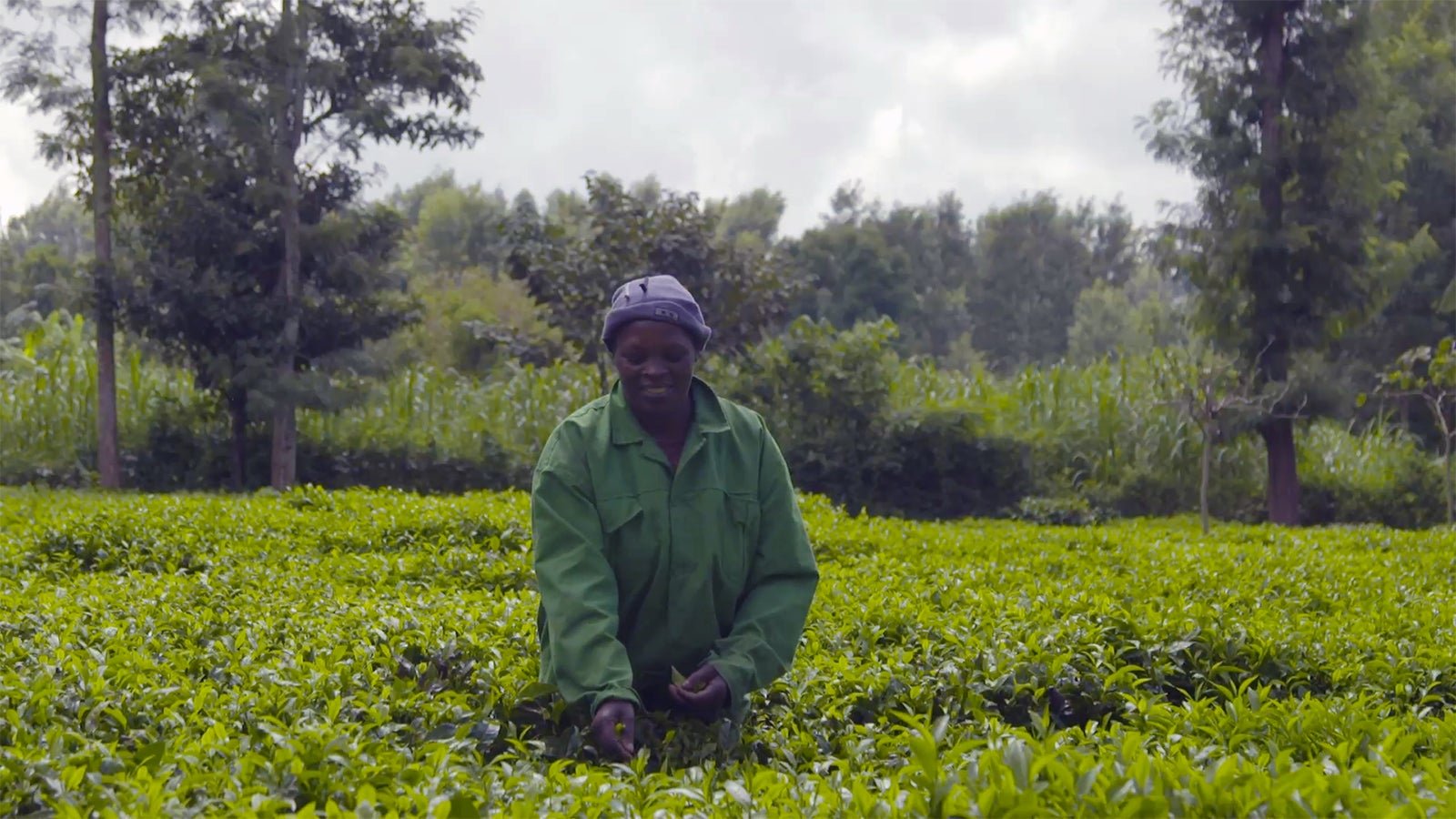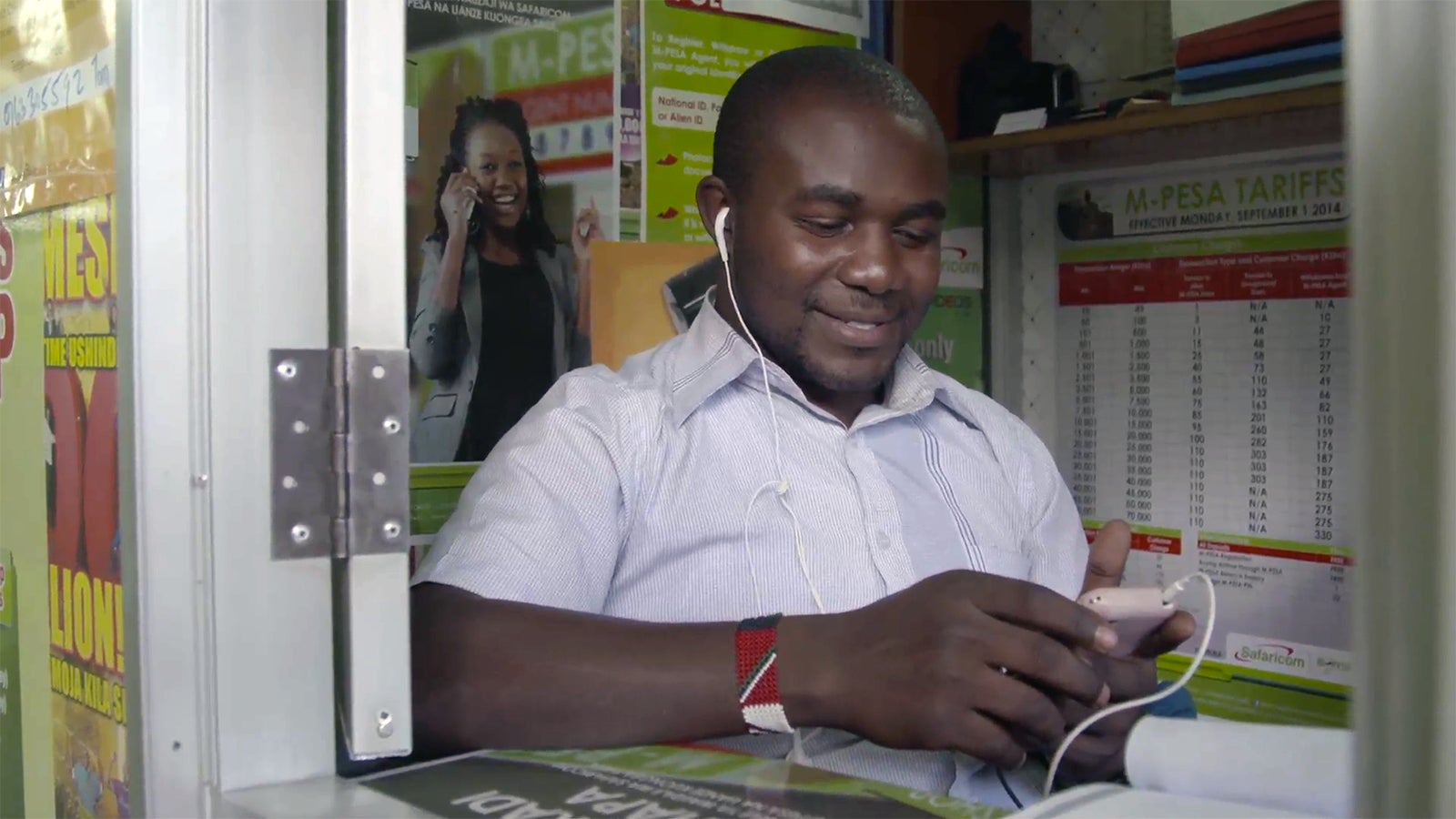In Kenya, FinTech is helping farmers to be paid fairly for their crops
Nairobi, the capital of Kenya, has a nickname: “Silicon Savannah.” The origins of the moniker go back to 2007, when the Kenyan telecom company Safaricom launched M-Pesa, the mobile payments system that preceded both Square and Apple Pay. Kenyans were fast to adopt M-Pesa; by 2013 it had 17 million users in its home country, and important voices were saying that “paying for a taxi ride using your mobile phone is easier in Nairobi than it is in New York.” Shortly after M-Pesa’s arrival, four technologists launched Ushahidi, a platform that let users digitally map and report violent outbreaks happening during the election crisis. It was one of Africa’s first apps.


SPONSOR CONTENT BY CITI
Nairobi, the capital of Kenya, has a nickname: “Silicon Savannah.” The origins of the moniker go back to 2007, when the Kenyan telecom company Safaricom launched M-Pesa, the mobile payments system that preceded both Square and Apple Pay. Kenyans were fast to adopt M-Pesa; by 2013 it had 17 million users in its home country, and important voices were saying that “paying for a taxi ride using your mobile phone is easier in Nairobi than it is in New York.” Shortly after M-Pesa’s arrival, four technologists launched Ushahidi, a platform that let users digitally map and report violent outbreaks happening during the election crisis. It was one of Africa’s first apps.

Innovation tends to beget innovation, so over the past few years a handful of startup incubators have been operating in Kenya, to attract and nurture local talent. The Citi Mobile Challenge is one such accelerator. Citi runs these programs globally—the bank has connected startups with investors in the United States, Europe, Latin America, and Asia Pacific, in addition to the Middle East and Africa—but Kenya’s proclivity towards mobile payment solutions makes it a fitting region for Citi’s Mobile Challenge, whose self-stated mission aims “to inspire developers to reimagine mobile banking.”
That idea is top of mind for Kenyan entrepreneurs, too. “The problem that we’re trying to solve is really around how to get pools of capital in the hands of small- and medium-sized enterprises that really need capital, but couldn’t find it by going through traditional avenues like banks,” says Ivan Mbowa, a co-founder of Umati Capital. Umati’s solution is typically Kenyan, in that it relies on mobile technology. The company, founded in 2012 by Mbowa and Munyutu Waigi, creates supply chain financial technology that links small and medium enterprises with suppliers, quickly, and fairly. Umati calls itself a financial institution, but differentiates itself from a bank in that its product is an Android app that can crunch data about small-scale suppliers and buyers to facilitate purchases and payments more easily.

Examples always help: One of Umati’s clients is Ten Senses Africa, a macadamia nut processor. Companies like Ten Senses source nuts from farmers all over the country. Prior to Umati’s involvement, this was a belabored practice. “We used to sell macadamia nuts in the factories. We used to wait for a year before we are paid that money from the factory,” says Jane Wanjiru, one such macadamia nut farmer. Plus, “the brokers were buying with scales which were not very accurate. When they come and weigh, they just say it is 20 kilos.” Now, representatives don’t eyeball the crops—they use Android devices and digital scales to measure weight, show current market price, and deliver on-the-spot digital payment—a convenience and important security measure for the farmers. For processors like Ten Senses, Umati provides a dashboard interface to help them organize purchases. Umati also, importantly, helps to ensure that fair trade practices are being upheld.

Umati’s solution, especially framed in the context of macadamia nuts, sounds local. But right now, massive, global companies are looking to Africa, and Kenya specifically, for this kind of approach to technology. There were “technological shifts that took place decades ago that just never reached [Africa],” says Joyce-Ann Wainaina, from Citi. “And we’ve just simply jumped right to the Twitter age, the Uber age, the digital age.” Umati is still in its infancy, but it has a grandiose goal: “My dream for Kenya,” Waigi says, “is to change the way our population accesses financial services.” Mbowa and Waigi are well on their way: The two entrepreneurs had a successful presentation at Nairobi Citi Mobile Challenge, and took home a cash award of $25,000. That should help the duo cash in on Waigi’s other dream: “to change the way the globe perceives Africa as a whole.”
This article was produced on behalf of Citi by Quartz creative services and not by the Quartz editorial staff.